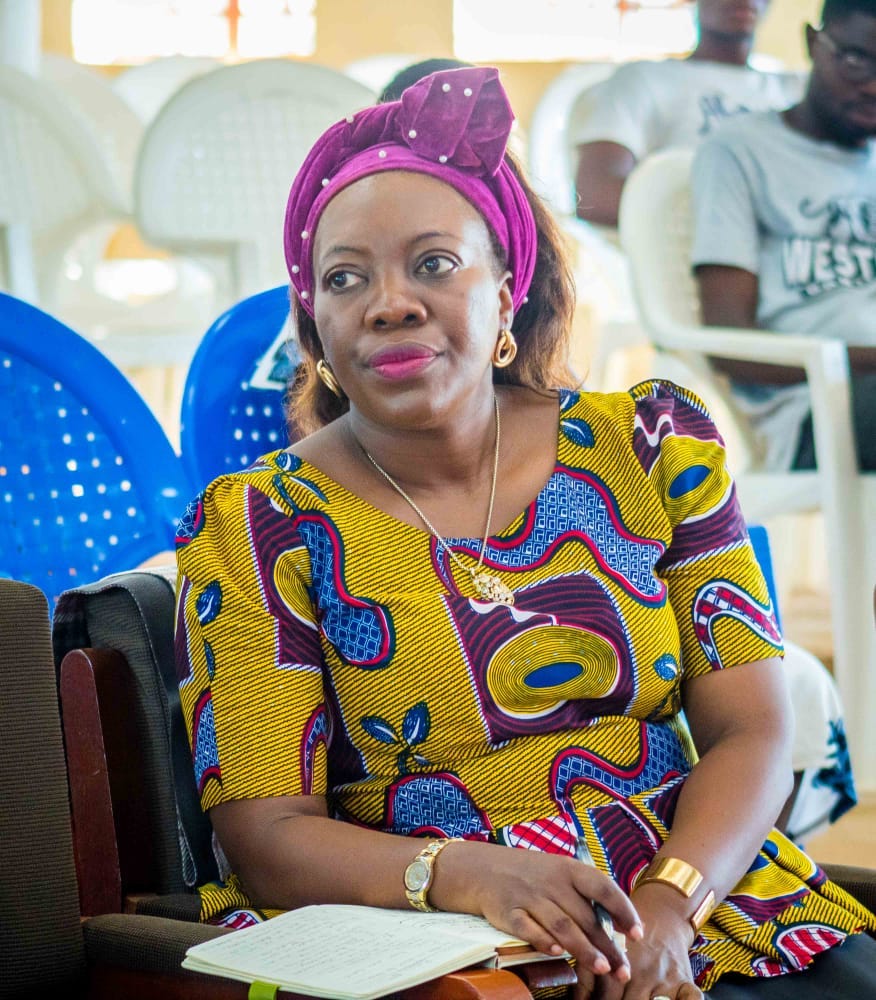President Chakwera sets bar for women representation in public appointments
At long last, Malawi’s ministerial appointments have gone by the book, conforming to the Gender Equality Act (2013).
MALAWI: At long last, Malawi’s ministerial appointments have gone by the book, conforming to the Gender Equality Act (2013).
In a historic turn of events, President Lazarus Chakwera has effected a much-awaited reshuffle of his first cabinet that critics had labeled as a cabinet based on political appeasement. Gender activists have praised the Malawi leader for considering a gendered cabinet that would not just represent women's interests better but would normalize the equality that exists between sexes.
The Women’s Manifesto Movement (WMM), co-coordinated by vocal activists Maggie Kathewera Banda and Barbra Banda has for the first time since its inception in 2019 applauded the President for appointing a cabinet with a 40% women representation.
The WMM was formed in anticipation of the 2019 Tripartite elections by women`s rights organizations that mobilized like-minded stakeholders to create a social movement of women’s collective voices to demand women’s rights mostly women’s leadership, governance, and participation in decision-making.
Soon government announced the new cabinet, the WMM leadership issued a communique acknowledging that Chakwera’s new cabinet appointments had adhered to the provisions of the Gender Equality Act (2013) that demands there should not be more than 60% and not less than 40% representation of either sex in public appointments. Co-coordinators Maggie Kathewera Banda and Barbra Banda co-signed the communique.
“Having a cabinet of 40% women representation indicates the President’s commitment towards Gender transformative budgets, policies, and programmes,” they justified.
The two have called upon the public to support the appointed female ministers and that the President will continue to entrust women with key positions in government.
Not only has the gendered cabinet excited gender activists, but International Non-Governmental Organisations (INGOs) such as Norwegian Church Aid (NCA) and DanChurchAid (DCA) who have a long history of advocating for gender equality and good governance in Malawi since its democratization.
NCA/DCAs Country Director, Håvard Hovdhaugen, says it is obvious for his organization that women and men should be given the same opportunities in society, however, it has not been the case in Malawi. That is why his organizations have prioritized gender equality for decades.
“To see women taking up key positions in the Malawian society represents a great step forward. With women in key positions, both as politicians and civil servants I am convinced that with a continued effort from both civil society and public sector we will see further developments in the fight against gender-based violence and struggle for gender equity,” said Hovdhaugen.
More Malawian women are being entrusted with key leadership positions both administratively and politically. For example, both the Anti-Corruption Bureau (ACB) and the Ombudsman are headed by women.
Programme Coordinator for Fighting Inequality at NCA/DCA Malawi, Wezzie Banda Matsimbe sees the unfolding developments as an adherence to the long-fought ‘battle’ on gender equality. Matsimbe says President Chakwera has set the bar towards women representation and that any future leaders will have to build from that making it a norm for Malawi.
Matsimbe says the development resonates well with the objectives of the NCA/DCA Young Women in Active Politics Project (YWAP).
The objective of the European Union’s (EU) funded YWAP, was to contribute to strengthening a representative and genuine democracy in Malawi through inclusion, participation, and leadership of women particularly young women in politics, whose indicator of success was the 40:60 representation of either sex in a leadership position.
She said, “Although none of the women appointed fall under the age bracket of the project, this is still being considered as an achievement as such appointments have a direct and positive contribution to gender equality and overall development of the country.”
Much as the 40% women representation is being applauded, Matsimbe says the appointments should have included a good fraction of capable young women.
“There is a lot of potential out there and of course a wide range of capacities to tap from. In addition, we have seen recycling of more old faces in the cabinet. Again, on this there is a lot of resources to tap from, which can also adequately deliver on the skills or knowledge needed in such positions,” said Matsimbe.
Representation is the core basis of democracy. Women’s involvement at the decision-making level positively impacts development in every society.
The bar so far set by Chakwera on the representation of women, will positively reflect on society’s perception of women as being able and equal. It may legitimize any future ungendered representation.
Respecting the Gender Equality Act translates into utilizing the rich resources, that is women's representation. Women can and their representation is a rich treasure.





